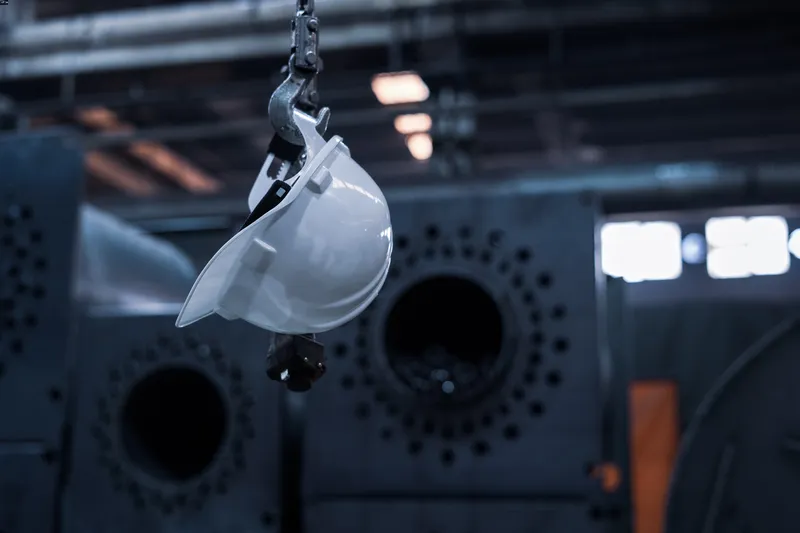 Work Injury
Work Injury
If you work in the construction industry and suffered an injury in a construction site accident in Texas, you might be wondering whether you can file a personal injury claim.
To file a personal injury claim, you’ll need to determine the party liable for your accident.
If your employer subscribes to workers’ compensation insurance, you must file a workers’ compensation claim to receive financial relief for your injuries.
In other words, you are not eligible to file a personal injury claim against your employer if workers’ comp is available.
But you may be entitled to personal injury relief if a third party is responsible or your employer doesn’t carry workers’ comp insurance.
While your best bet is to contact a skilled attorney to help prove construction accident liability, the following is helpful information to help you get started.
How to Determine Fault in a Construction Site Accident
When it comes to preventing construction site injuries, property owners and managers, contractors and subcontractors, equipment manufacturers, architects, engineers, and construction workers share some responsibility.
Construction companies especially have a legal obligation to provide safe and productive work environments for their employees.
This responsibility extends to the public at large on active construction zones in Texas.
With all these players involved, how to determine fault in a construction site accident can be a complicated affair.
Establishing liability for a construction site injury requires determining who, if anyone, neglected their duty of care.
A duty of care requires that the construction site, employer, contractor, and co-workers conduct themselves reasonably and prudently.
The duty of care also extends to the owners of the property under construction, transportation companies responsible for transporting materials to the site, and the machinery and product manufacturers used in the construction project.
A plaintiff must prove four elements to establish liability. They are:
- The defendant owed the plaintiff a legal duty of care,
- The defendant breached their duty,
- The plaintiff suffered an injury because of the breach, and
- The defendant’s breach directly caused the plaintiff’s injury.
To determine liability, construction accident particulars matter.
It can be challenging to ascertain when an injury is an accident and when another party’s negligence caused the accident.
For instance, a construction worker’s tumble may look like a simple slip-and-fall. But closer examination might reveal another party’s failure to install a guardrail or warning sign, resulting in injury.
For this reason, a careful analysis of the facts is essential.
Workers’ Compensation vs. Personal Injury Law
Texas does not require employers to provide workers’ compensation insurance.
If your employer does not provide workers’ compensation, you are eligible to pursue a personal injury claim.
If your employer does subscribe to Texas workers’ compensation, you are barred from personal injury claims.
However, if third-party negligence caused your on-the-job injury, you might still be eligible to file a lawsuit even if your employer subscribes to workers’ comp insurance.
A skilled construction accident attorney can help determine whether you have a workers’ compensation or personal injury claim.
The Zimmerman Law Firm, P.C. Can Help
With over 85 years of combined experience, The Zimmerman Law Firm knows how to deal with employers.
We have successfully helped thousands of Texans with workers’ comp and personal injury claims.
We can help you hold your employer or a third party accountable and will fight for your maximum award.
Call us today at 254-237-5620 or contact us online for a free consultation.


